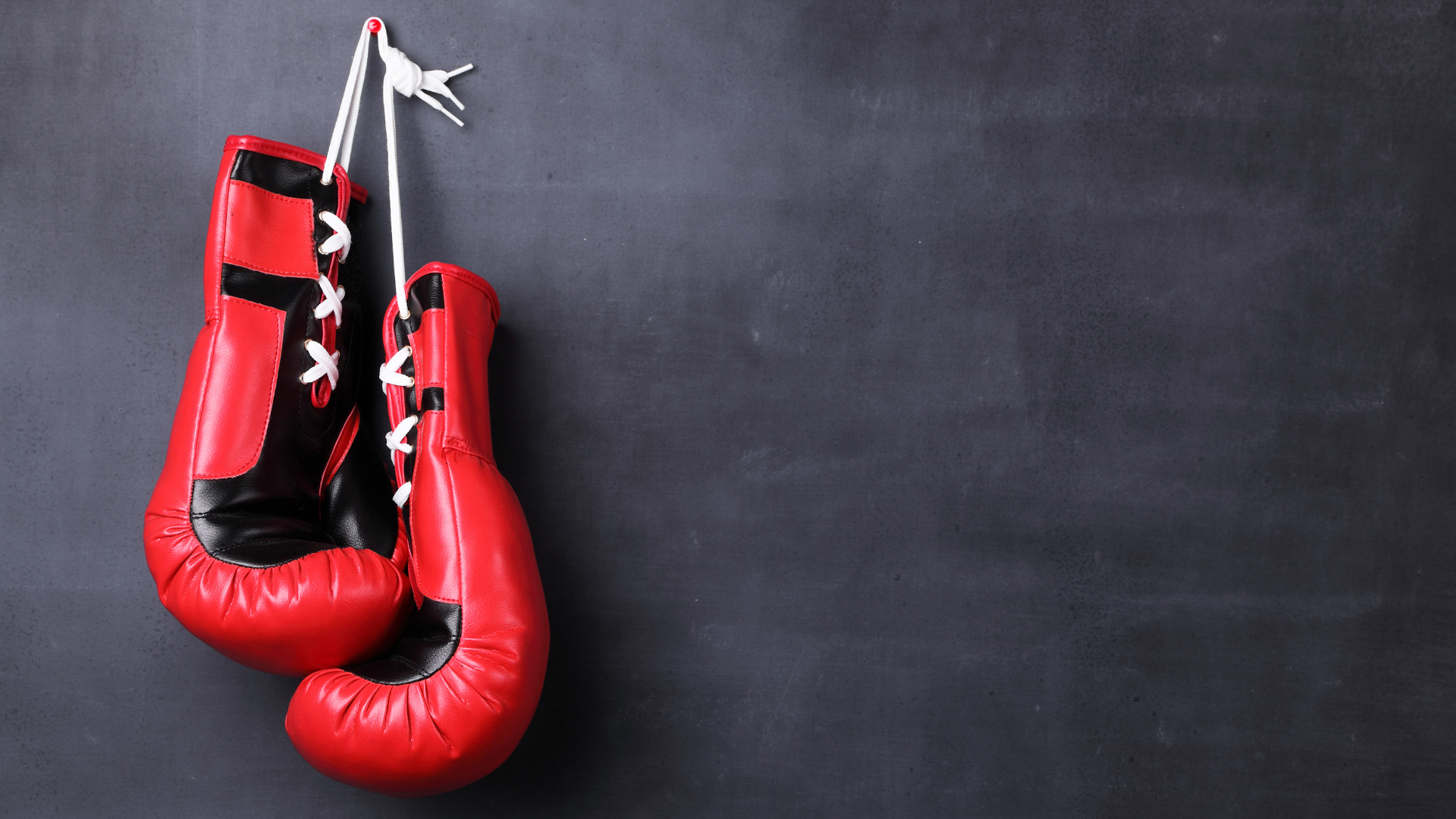Why Fighting Hard to Change Might Be the Very Thing Holding You Back

We work with a lot of people who have been trying to change themselves and their lives for a long time, and honestly they’re exhausted. They’re fighting so hard to change, but they’re not getting the results. Typically when this happens people assume there is something wrong with them. They listen to the voice in their head telling them they aren’t good enough, smart enough, talented enough, motivated enough, or perfect enough to be who they want to be, and they stop trying.
Helping people change is a big industry. There are tens of thousands of products, services, and programmes out there promising change and yet few can deliver on that promise. Why is that?
Neuroscience gives us some clues. Who we are is essentially a memorised pattern of neural connections in our brain that map out habitual thoughts, beliefs, actions, and reactions. Dr. Joe Dispenza argues that we have all “mastered a particular mental and emotional state, or way of being” through thousands of hours of practice over our lives. This memorised way of being dictates certain patterns of thought and behaviour. Therefore, it is impossible to think differently or act differently until we first figure out how to ‘be’ differently.
Many of our clients have struggled so long with change because ultimately they’re fighting with themselves. They haven’t gone deep enough to find a new way of ‘being’ which will allow them to then think and act differently.
For example, imagine a professional who experiences extreme anxiety speaking in front of people. This anxiety is coming from a learned and long-practised pattern of thought and belief that goes something like this:
I’m not good at this. I’m not sure I can do this. It’s very likely that I’m going to make a mistake and embarrass myself. Even worse, if I fail everyone will know I’m not good enough and will judge me. My incompetence will impact my opportunities.
If this individual simply tries to think more positively or act confident they will be fighting against their practised way of ‘being.’ Deep down they will still be embodying the fear of not being good enough.
But what if this individual learned to access the emotions and thoughts of someone who does believe they’re good enough? By stepping into being someone who believes they’re good enough, and learning new thought patterns to support that, this individual will be able to first rehearse, and then eventually embody, real confidence and self belief. The same applies to all of us in approaching change.
The question is, how do we do that? How do we embody a different set of beliefs and emotions? How do we ‘be’ different from who we have always practised being?
By reprogramming our core beliefs.
By shaking up everything we thought we knew about ourselves and moving forward with a curious mind to discover what else is possible.
By getting comfortable with the unknown.
By practising new patterns of ‘being’ through a combination of mental and embodied practices.
When we step into a new way of being we are no longer fighting with ourselves. So, our advice to you is stop fighting against yourself. You won’t win! Instead, start doing the deeper work to be a different version of you. Be the person who enjoys exercise and healthy food, be the person who knows they are good enough. Be the person who enjoys the challenge of speaking in front of others.
This type of change doesn’t happen overnight. Research shows that repetition, accountability and support are key for success. It takes a minimum of 10 weeks of consistent practice and support to start and maintain the process of rewiring who you are. Recognising all of this, we run a Group Coaching Programme based on our research, the psychology and neuroscience of change, and our combined experience helping people accomplish successful change.
In the Skills for Growth Programme we show you a different way of accomplishing change, so that you no longer have to fight with yourself.
Find out more at www.adaptastraining.com/skills-for-growth
Back to Teams